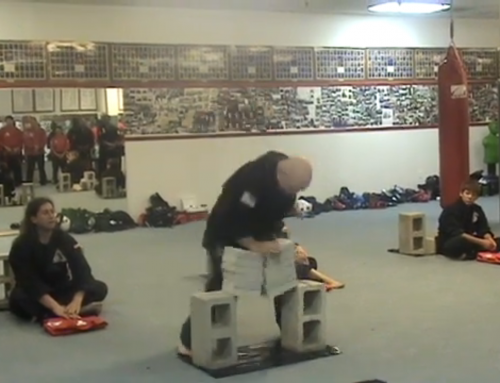It’s the little things leaders do that make a huge difference. I was recently reminded of this while on a recent trip to Orlando. My cousin and I went to dinner with his adult daughter. There was a sign on the door to the restaurant while waiting outside for my cousin’s daughter. It read “Masks Required.” I was concerned because neither of us had masks with us and no one had said anything when we made the reservation. It turned out I worried for nothing.
This small inconsistency reminded me of every time I call someone and their voice mail message hasn’t been changed since they got back from vacation. I always think that this person doesn’t have good attention to detail.
At this point, you may be wondering what any of this has to do with leadership? The fact is everything. Great leadership isn’t about rousing speeches like Shakespeare’s Saint Crispin Day soliloquy from Henry V. In my three decades in leadership, I’ve never once found an occasion for a rousing speech. Great leadership comes from being consistent in our words and behaviors. That is, the little things we do every single day.
Here are two tips to be consistent:
- If you don’t want your team to do it, don’t do it yourself – Have you ever worked for someone who wasn’t around when you needed them? Maybe they took the day off and didn’t tell anyone or left the building without checking out. Sure, they’re the boss and don’t have to check out with you but it disrupts things when you were counting on them being there. I find these leaders often have a problem with their teams not showing up when expected.
- Say what you mean and mean what you say – bad or disappointing news is hard to hear and equally hard to deliver. None of us wants to disappoint another so the tendency is to equivocate and word things so that they can be interpreted in two different ways. The problem here is, like disappearing, it sets a precedent that your team will follow. If you want to know what is going on, you need to be equally as candid. This doesn’t mean you have to tell your team everything. Sometimes “I can’t discuss that” is sufficient. It means, if you say it, be clear as possible or acknowledge the ambiguity.
Remember, your team will follow your lead so model the behaviors you want to see from them.
Comment below with your examples of the little things that have a HUGE impact.










